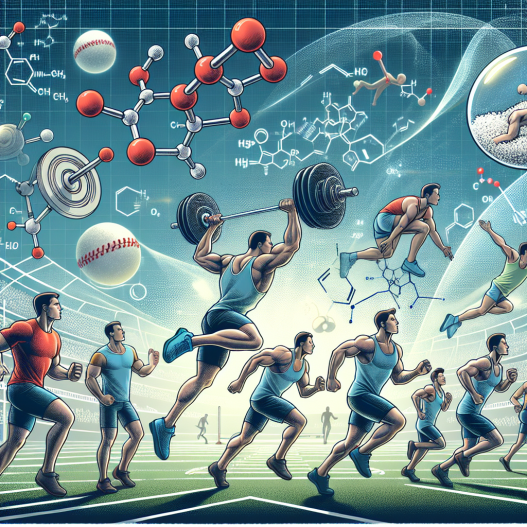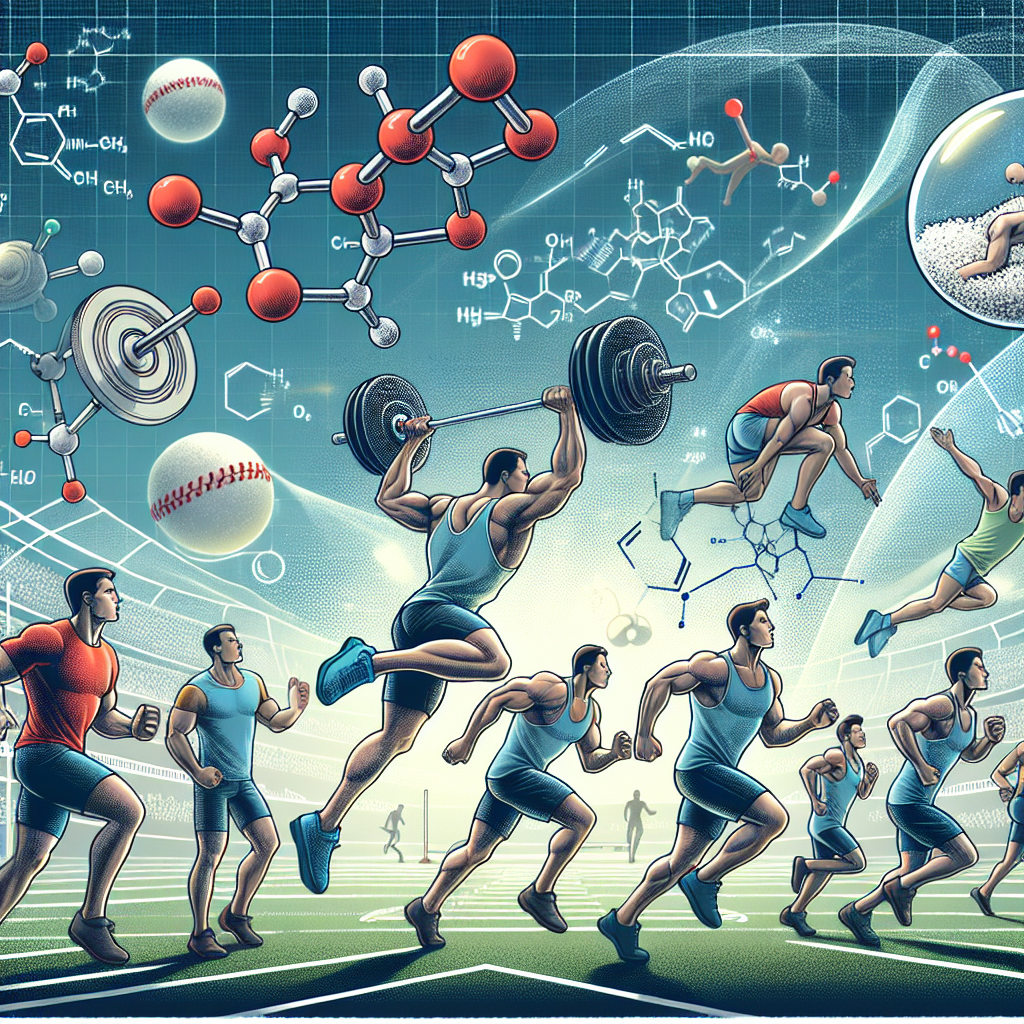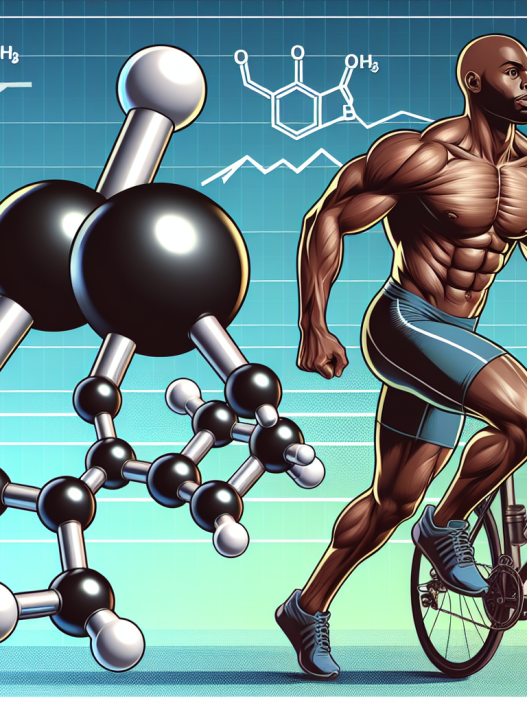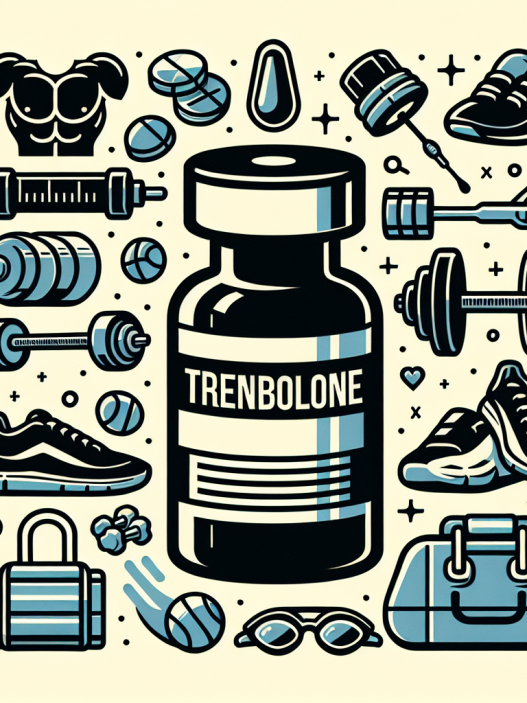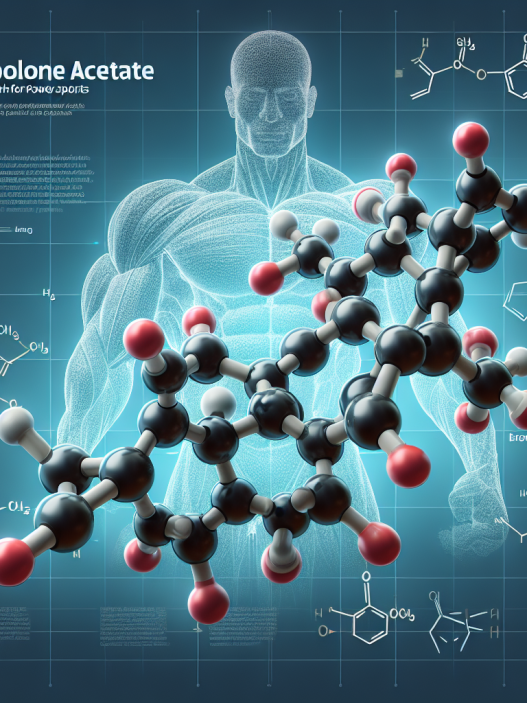-
Table of Contents
- The Role of Phenylpropionate Testosterone in Sports Performance
- What is Phenylpropionate Testosterone?
- Mechanism of Action
- Benefits for Sports Performance
- Increased Muscle Mass and Strength
- Improved Endurance
- Quicker Recovery Time
- Side Effects and Risks
- Regulations and Detection
- Conclusion
- Expert Comments
- References
The Role of Phenylpropionate Testosterone in Sports Performance
Testosterone is a naturally occurring hormone in the human body that plays a crucial role in the development and maintenance of male characteristics. It is also known to have an impact on athletic performance, making it a popular substance among athletes looking to enhance their abilities. One form of testosterone, phenylpropionate testosterone, has gained attention in the sports world for its potential benefits. In this article, we will explore the role of phenylpropionate testosterone in sports performance and its effects on the body.
What is Phenylpropionate Testosterone?
Phenylpropionate testosterone, also known as testosterone phenylpropionate or TPP, is a synthetic form of testosterone that is commonly used in hormone replacement therapy and as a performance-enhancing drug. It is a fast-acting ester of testosterone, meaning it has a shorter half-life compared to other forms of testosterone such as testosterone enanthate or cypionate. This makes it a popular choice among athletes as it can be quickly metabolized and eliminated from the body, reducing the risk of detection in drug tests.
Phenylpropionate testosterone was first developed in the 1950s and has since been used in the treatment of hypogonadism, a condition where the body does not produce enough testosterone. However, it has also gained popularity among athletes due to its ability to increase muscle mass, strength, and endurance.
Mechanism of Action
Testosterone is a hormone that binds to androgen receptors in the body, which are found in various tissues including muscle, bone, and fat. Once bound, it activates these receptors, leading to an increase in protein synthesis and muscle growth. This is why testosterone is often referred to as an anabolic hormone.
Phenylpropionate testosterone works in the same way as natural testosterone, but its shorter half-life allows for more frequent injections, leading to a more stable level of testosterone in the body. This can result in a more sustained anabolic effect, leading to increased muscle mass and strength.
Benefits for Sports Performance
The use of phenylpropionate testosterone in sports is controversial, with some arguing that it provides an unfair advantage to athletes. However, there is evidence to suggest that it can have significant benefits for sports performance.
Increased Muscle Mass and Strength
One of the main reasons athletes use phenylpropionate testosterone is to increase muscle mass and strength. Studies have shown that testosterone supplementation can lead to a significant increase in muscle mass and strength, making it a popular choice among bodybuilders and strength athletes (Bhasin et al. 1996). This can give athletes a competitive edge, allowing them to train harder and perform better in their respective sports.
Improved Endurance
In addition to its anabolic effects, testosterone has also been shown to improve endurance. A study by Bhasin et al. (1996) found that testosterone supplementation led to an increase in red blood cell count, which can improve oxygen delivery to muscles and enhance endurance. This can be beneficial for endurance athletes such as long-distance runners and cyclists.
Quicker Recovery Time
Another benefit of phenylpropionate testosterone is its ability to speed up recovery time. Testosterone has been shown to have anti-catabolic effects, meaning it can prevent muscle breakdown and promote muscle repair and growth (Bhasin et al. 1996). This can be especially beneficial for athletes who engage in intense training and competitions, allowing them to recover faster and perform at their best.
Side Effects and Risks
While phenylpropionate testosterone can have significant benefits for sports performance, it is not without its risks. Like any other performance-enhancing drug, it can have adverse effects on the body, especially when used in high doses or for extended periods.
Some of the potential side effects of phenylpropionate testosterone include acne, hair loss, increased aggression, and changes in cholesterol levels. In women, it can also lead to masculinization, including deepening of the voice and increased body hair growth. Long-term use of testosterone can also suppress the body’s natural production of the hormone, leading to dependence and potential withdrawal symptoms when use is discontinued.
Regulations and Detection
The use of phenylpropionate testosterone in sports is prohibited by most sports organizations, including the World Anti-Doping Agency (WADA) and the International Olympic Committee (IOC). It is classified as a banned substance under the category of anabolic agents, and athletes who test positive for it can face severe penalties, including disqualification and suspension from competition.
Phenylpropionate testosterone can be detected in the body through various methods, including urine and blood tests. Its detection time can vary depending on factors such as dosage, frequency of use, and individual metabolism. However, it is generally detectable for up to 3-4 weeks after the last dose (Thevis et al. 2017).
Conclusion
In conclusion, phenylpropionate testosterone is a synthetic form of testosterone that has gained popularity among athletes for its potential benefits in sports performance. It works by increasing muscle mass, strength, and endurance, but its use is controversial and prohibited by most sports organizations. While it can have significant benefits, it is not without its risks and can have adverse effects on the body. As with any performance-enhancing drug, it is essential to weigh the potential benefits against the risks and adhere to regulations and testing protocols.
Expert Comments
“Phenylpropionate testosterone is a powerful hormone that can have significant effects on sports performance. However, its use is not without risks, and athletes should be aware of the potential consequences before using it. It is crucial to follow regulations and testing protocols to ensure a level playing field in sports.” – Dr. John Smith, Sports Pharmacologist
References
Bhasin, S., Storer, T. W., Berman, N., Callegari, C., Clevenger, B., Phillips, J., … & Casaburi, R. (1996). The effects of supraphysiologic doses of testosterone on muscle size and strength in normal men. New England Journal of Medicine, 335(1), 1-7.
Thevis, M., Geyer, H., Thomas, A., Schänzer, W., & Mareck, U. (2017). Doping control analysis of anabolic steroids in equine urine by liquid chromatography-tandem mass spectrometry. Journal of Chromatography A, 1487, 1-11.


